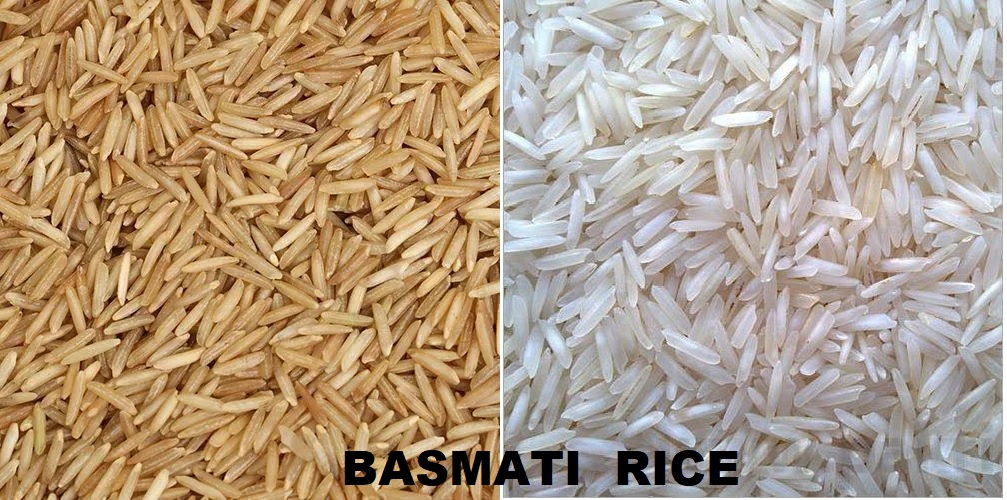
Top Reasons and Opportunities for the Global Demand of Basmati Rice from Asia
Basmati Rice, known for its exquisite aroma, long grains, and delectable taste, has been a culinary treasure of Asia for centuries. It is no surprise that this aromatic rice variety has become increasingly popular worldwide. In this article, we will explore the top reasons behind the global demand for Basmati rice and the opportunities it presents for Asia to satisfy the world’s craving for this exceptional grain.
The Rich Heritage of Basmati Rice
Basmati rice is deeply rooted in the culture and cuisine of South Asia, particularly in India and Pakistan. Its history dates back thousands of years, and it has been an integral part of traditional celebrations, feasts, and everyday meals. The word “Basmati” itself is derived from the Sanskrit word “Basmati,” meaning fragrant, and the rice lives up to its name with its distinctive aroma and flavor.
Reasons for the Global Demand
1. Exquisite Flavor and Aroma
- Basmati rice is renowned for its delicate, nutty aroma and exquisite flavor that pairs perfectly with a wide range of dishes.
- The unique taste and scent enhance the overall dining experience, making it a favorite in international cuisine.
2. Long, Slender Grains
- Basmati rice is characterized by its long, slender grains that remain separate when cooked.
- The distinct texture and appearance make it an appealing choice for various rice-based dishes, such as biryanis and pilafs.
3. Healthy Choice
- Basmati rice is a healthier alternative to many other rice varieties. It has a lower glycemic index and is gluten-free.
- Health-conscious consumers are turning to Basmati rice for its nutritional benefits.
4. Versatility in Cooking
- Basmati rice’s versatility allows it to be used in a wide range of dishes, from savory to sweet, across different cuisines.
- It complements curries, stir-fries, and desserts, making it a versatile ingredient for chefs worldwide.
5. Export Quality
- Asia, particularly India and Pakistan, has mastered the cultivation and processing of Basmati rice to meet international quality standards.
- The consistency in quality and packaging has contributed to its global appeal.
Opportunities for Asian Basmati Rice Exporters
1. Expanding Export Markets
- Asian countries, especially India and Pakistan, have the opportunity to expand their Basmati rice export markets by reaching out to new countries and regions.
- Exploring emerging markets and strengthening trade agreements can further boost exports.
2. Value Addition
- By diversifying their product range, exporters can offer value-added Basmati rice products, such as flavored or organic varieties, catering to niche markets.
3. Sustainable Practices
- Implementing sustainable farming practices and obtaining organic certifications can attract environmentally conscious consumers.
4. Branding and Promotion
- Investing in marketing campaigns to promote the unique qualities of Basmati rice can create a stronger global presence.
- Highlighting its heritage, quality, and versatility can differentiate it from other rice varieties.
5. Innovation in Packaging
- Innovative and eco-friendly packaging solutions can enhance the product’s appeal and convenience for consumers.
Basmati rice’s global demand continues to grow due to its exceptional qualities and versatile applications in international cuisine. Asia, with its rich tradition of cultivating this premium rice variety, holds significant opportunities for meeting the world’s increasing craving for Basmati rice. By capitalizing on these opportunities, Asian exporters can not only boost their economies but also share the culinary magic of Basmati rice with the world.
